Lee Jung-jae has never been in character this long. For the last five years, he’s lived on and off as Seong Gi-hun, aka Player 456, the naïve, good-for-nothing gambler turned civilian hero in Squid Game. “Lee Han from my debut film, The Young Man, used to be my favorite character in my career. Now it’s Seong Gi-hun,” Lee says, smiling. “I can’t help it. That’s how everyone recognizes me.”
It’s just past ten in the morning in Seoul, and Lee is already in full glam. He’s in the dressing room of a photo studio, ready to shoot his Queue cover. A couple months earlier, he wrapped his global press tour for Squid Game Season 2. And in the midst of the global anticipation for new episodes, he’s eagerly gearing up for the soon-to-be-released Season 3, which arrives June 27. “It’s been hectic,” he admits. “I’ve been so busy that I haven’t thought about anything else.”
Unbelievably, the second season of the hit Korean show managed to break even more records for the Squid Game franchise. When it premiered in December 2024, it drew 68 million views in its first week, becoming the biggest series debut in Netflix history.
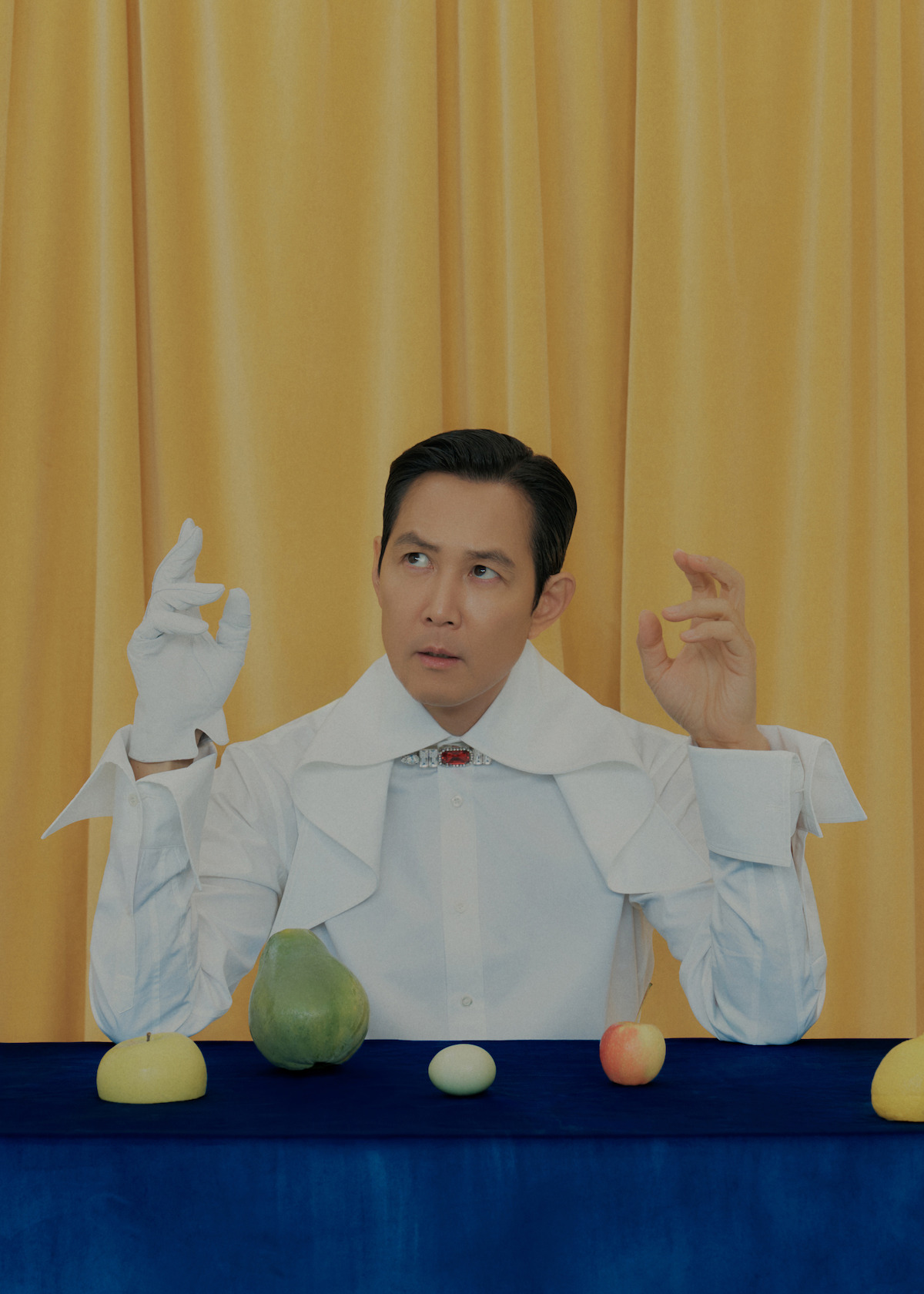
“When Season 2 was announced, I first thought, ‘Wow, is that possible?’ Then I was surprised at how fast director Hwang turned around the script,” Lee recalls. “As soon as I read it, I thought, ‘At this level, we can start shooting right away.’ ”
Series creator and director Hwang Dong-hyuk was just as stunned. “The first day of shooting Season 2 felt surreal and otherworldly,” he says. “The first season was so demanding that I thought, ‘Never again!’ So Season 2 felt somewhat inconceivable. A whole array of different feelings were swarming inside me.”
When asked if he felt any pressure for having to lead and anchor such a large production, Lee shakes his head. “Not particularly. Saying that would almost be childish,” he says. “I think all of us felt pressure because Season 1 was such a big success. So I wanted to make sure everyone was enjoying themselves on set. It was a healthy dose of pressure.”
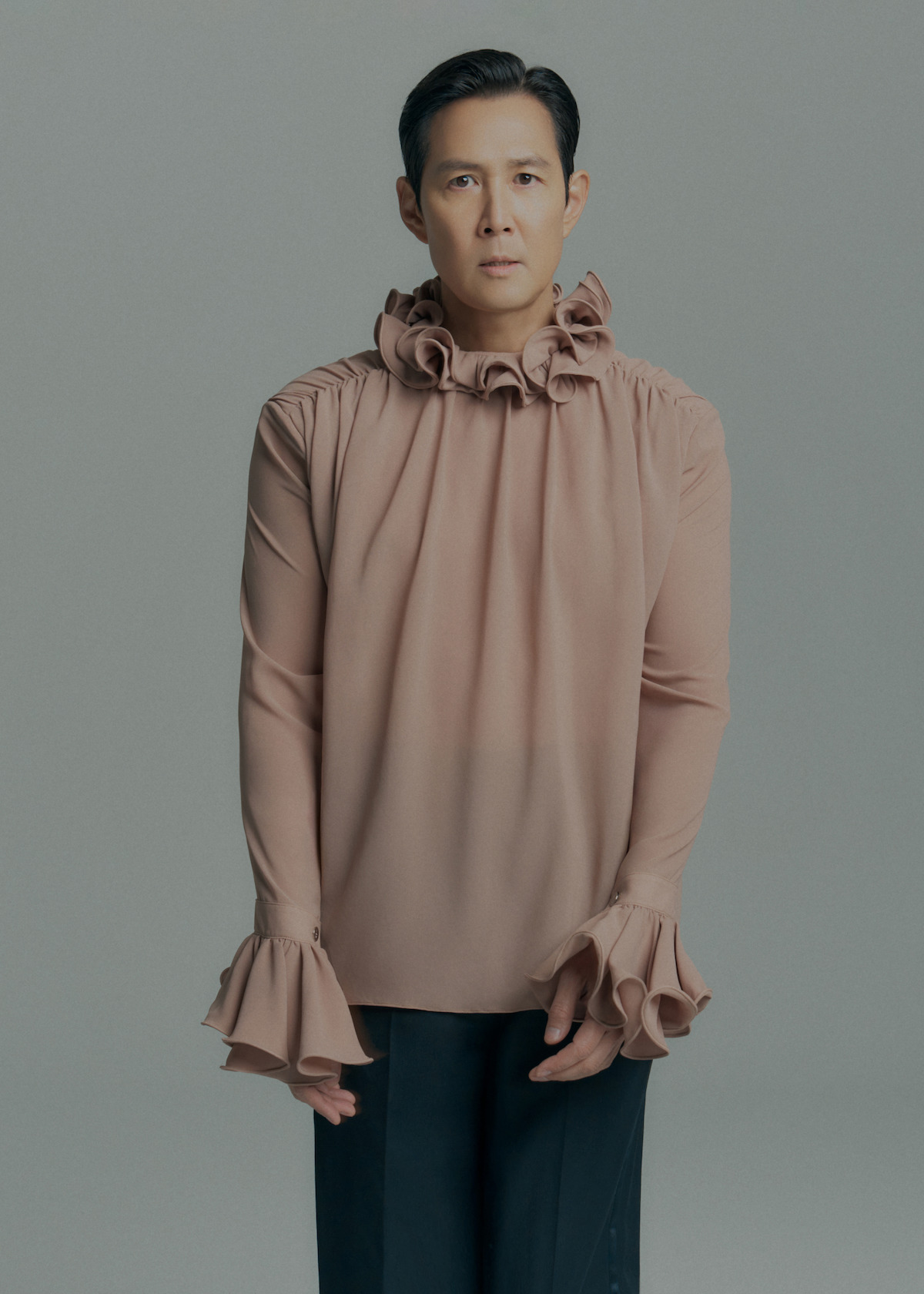
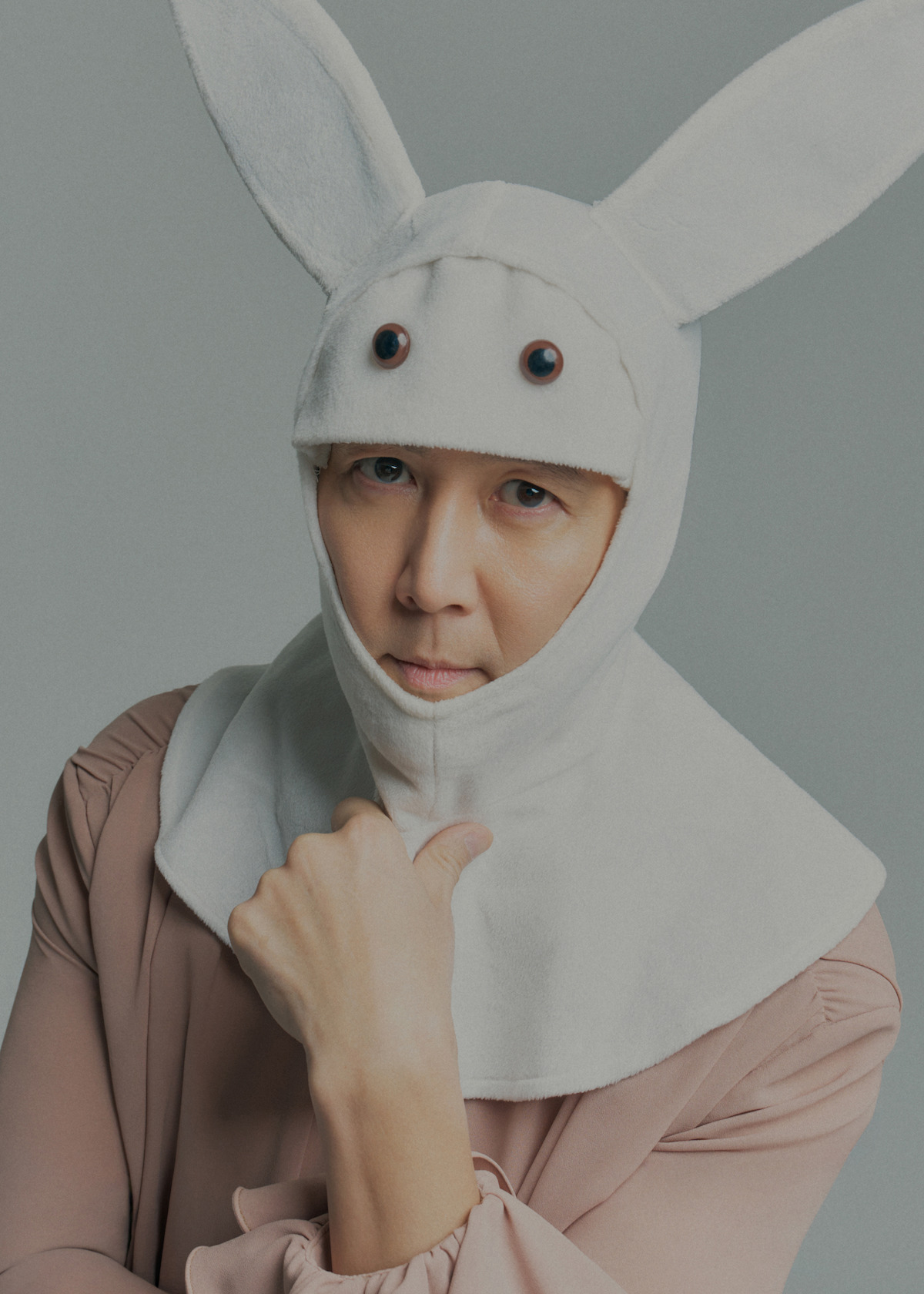
Lee Jung-jae got his start modeling in TV commercials, scouted by a talent manager who first sighted him working at a café in Seoul. He was 19 or 20, just out of high school and saving up for a vocational school where he planned to study architecture and interior design. In 1993, after roughly a year of modeling, he was cast in his first K-drama series, Dinosaur Teacher, quickly making a name for himself as a breakout star through subsequent roles in his first film, The Young Man (1994), as well the series Feelings (1994) and Sandglass (1995).
Sandglass in particular took Korea by storm. The 24-episode series’ final episode amassed a staggering 64 percent viewership rating — meaning six out of 10 households with a television in Korea watched it — and propelled Lee to superstardom early in his career. Then came the movie that solidified him as the nation’s major heartthrob: City of the Rising Sun (1999), a film so iconic that it was rereleased in theaters last year for its 25th anniversary. Lee played Hong-gi, a con artist who wastes money by gambling it away at horse races. (Sound familiar?) To this day, Lee is the only actor to have achieved the quadruple grand slam for winning Best New Actor (1995), Best Actor (1999), Best Supporting Actor (2013), and Best New Director (2022) at the Blue Dragon Film Awards, one of Korea’s most prestigious ceremonies. His record for being the youngest to win Best Actor at age 27 remains unbroken.
Despite his early success, Lee’s 30-plus-year career trajectory wasn’t a constant uptick. “People tend to only remember my really successful work, and may think those mark the turning points of my career. But the truth is, I went through a lot of characters that allowed me to choose a challenging and experimental series like Squid Game,” Lee says. “Every success and failure played an important role in eventually leading me here. I discerned the good and bad from all my experiences which helped me build Seong Gi-hun’s character.”

It was when Lee collaborated with renowned director Im Sang-soo for The Housemaid (2010) that he was able to dial up his on-screen momentum even more. He played Hoon, the rich husband who impregnates a housemaid through an affair. Director Im’s pointed and dark portrayal of economic class divide landed the cast a Palme d’Or nomination at the Cannes Film Festival, giving Lee his first chance at stepping onto the French red carpet. He was 38 — by some standards, a late bloomer — but it marked the opening of his second heyday.
The rest of Lee’s filmography in the 2010s not only helped define his career, but also Korean cinema at large. The Thieves (2012), New World (2013), The Face Reader (2013), and Assassination (2015) were highly regarded upon release, and are still touted as must-see K-films.
The throughline in Lee’s body of work is the timelessness of its underlying message. “The most important thing is choosing a story that people living in the concurrent generation — those of all ages and genders — can relate to, whether it’s political, societal, or everyday emotions,” he explains. “You must answer the question, ‘Why do I want to tell this story now, in 2025?’ It’s crucial to drive conversations, and make people rethink the other side of things they may not have otherwise considered before.”
In Lee’s view, then, what is the underlying message of Squid Game Season 2? “People are publicly ostracized and divided based on their decisions in the voting process,” he says, referencing the vote to stay or leave the game that players take part in after each round the second season. “Society tends to ostracize and divide people based on who they think are different, and that’s very dangerous. That’s one of the new lessons. It’s timely because we are still experiencing war and conflict all over the world.”
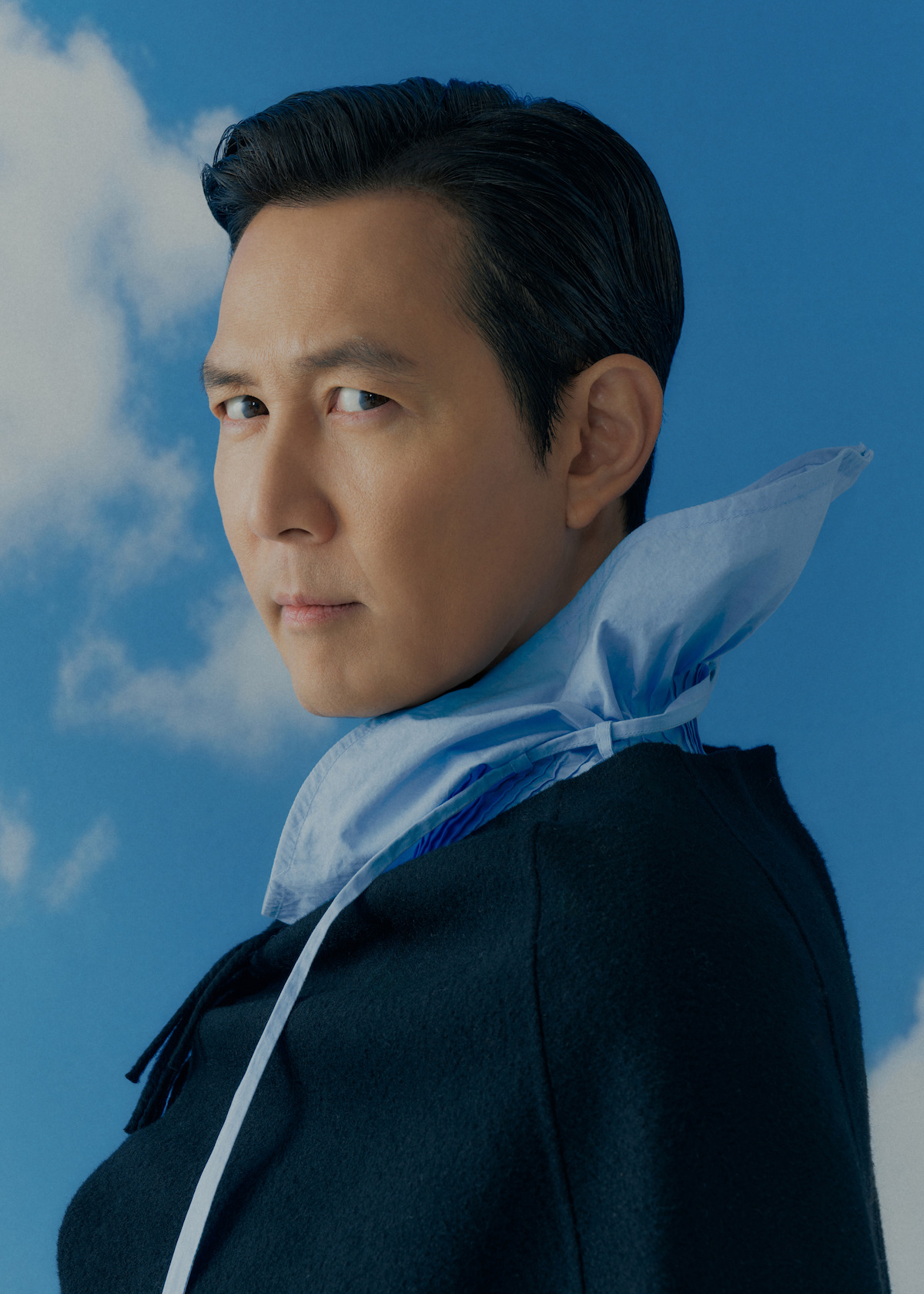
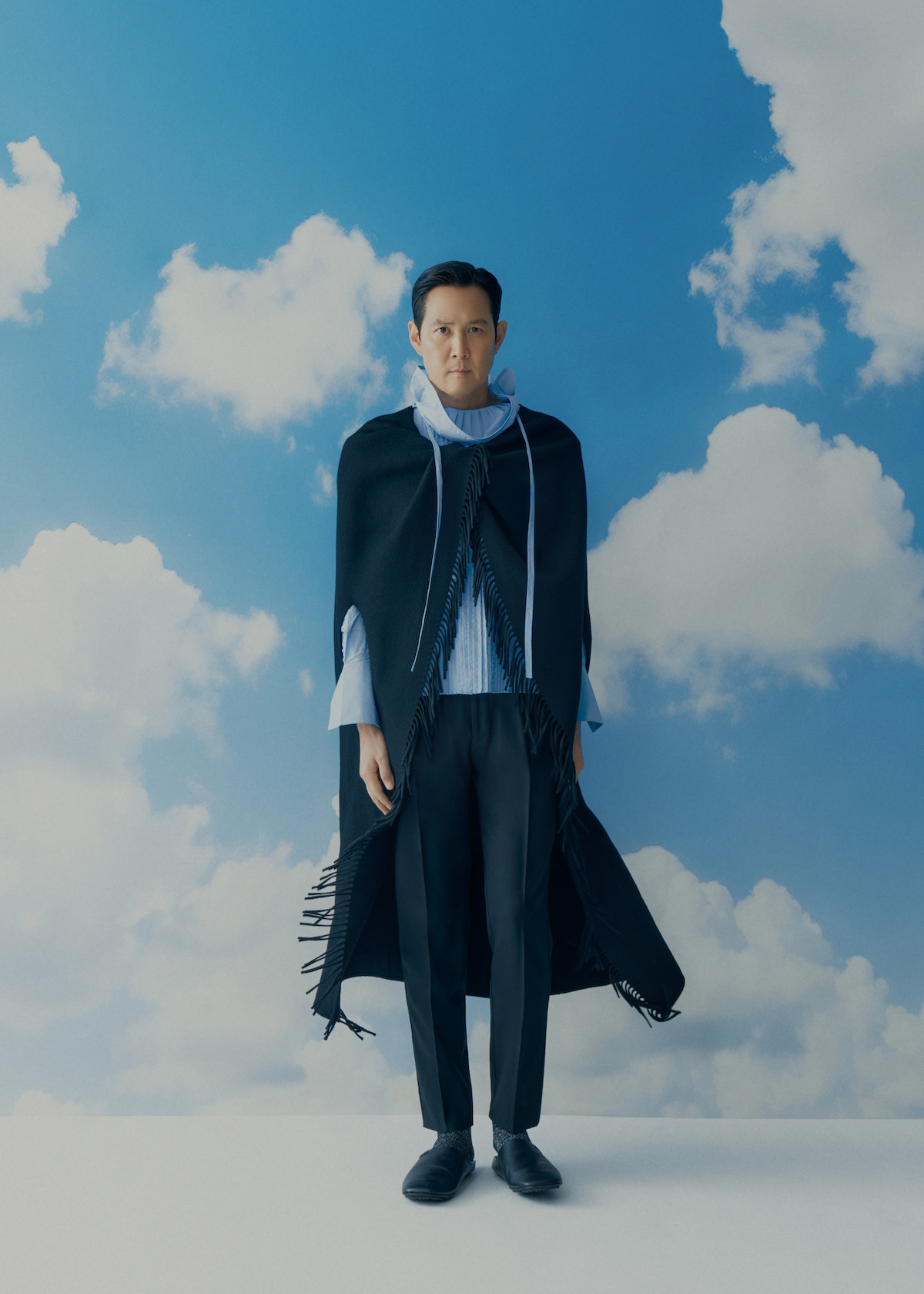
As the actor points out, there are stark differences between Squid Game’s freshman and sophomore seasons. Plotwise, Season 1 largely centers on the actual games, the extreme massacres, and the relationships among the distressed contestants, while Season 2 takes more of an outside view and offers a glimpse into the mechanics behind the operations of Squid Game.
However, one of the biggest differences between the two seasons, and the most obvious, is protagonist Seong Gi-hun’s transformation. Through all the trials and tribulations, he turns from a struggling divorced gambler who’s desperate, frightened, and often clueless into an armed warrior with a mission. “What carries Gi-hun through is his good heart, and that good heart gives him the courage to help victims of evildoing,” Lee says. “It’s not so much playing the hero, but just standing up against big power. Season 2 is about that journey, about what small citizens can accomplish when they muster that courage.”
Hwang admits that Seong Gi-hun’s transition was one of the most difficult aspects of creating Squid Game’s later seasons. “I think that was challenging for Lee Jung-jae, too,” he says. “He was loved for this character who was brimming with energy and curiosity, but he had to redirect that energy for Season 2. It’s one of the biggest risks and differences [from] the first season, but the evolution in his character is critical.”
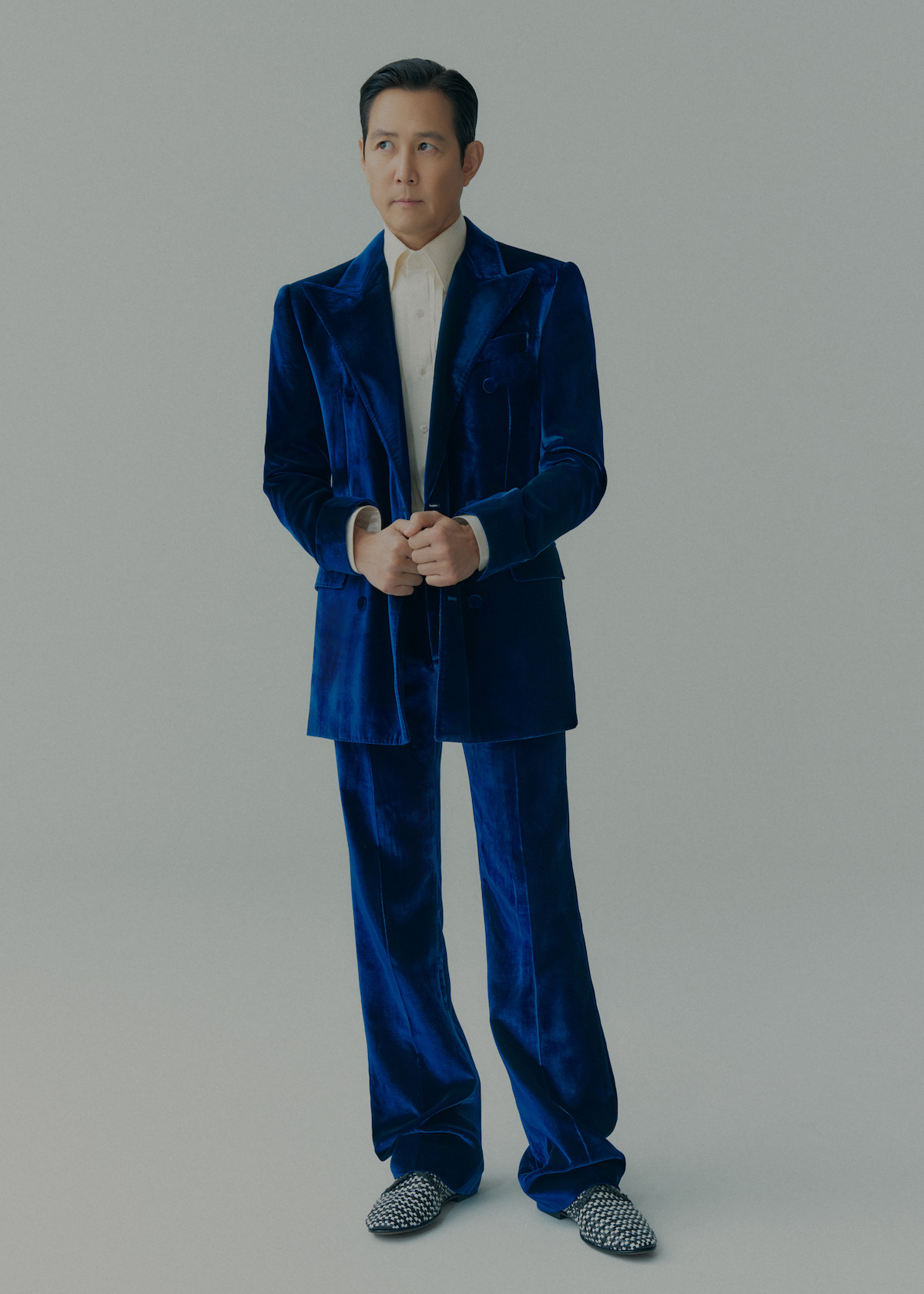
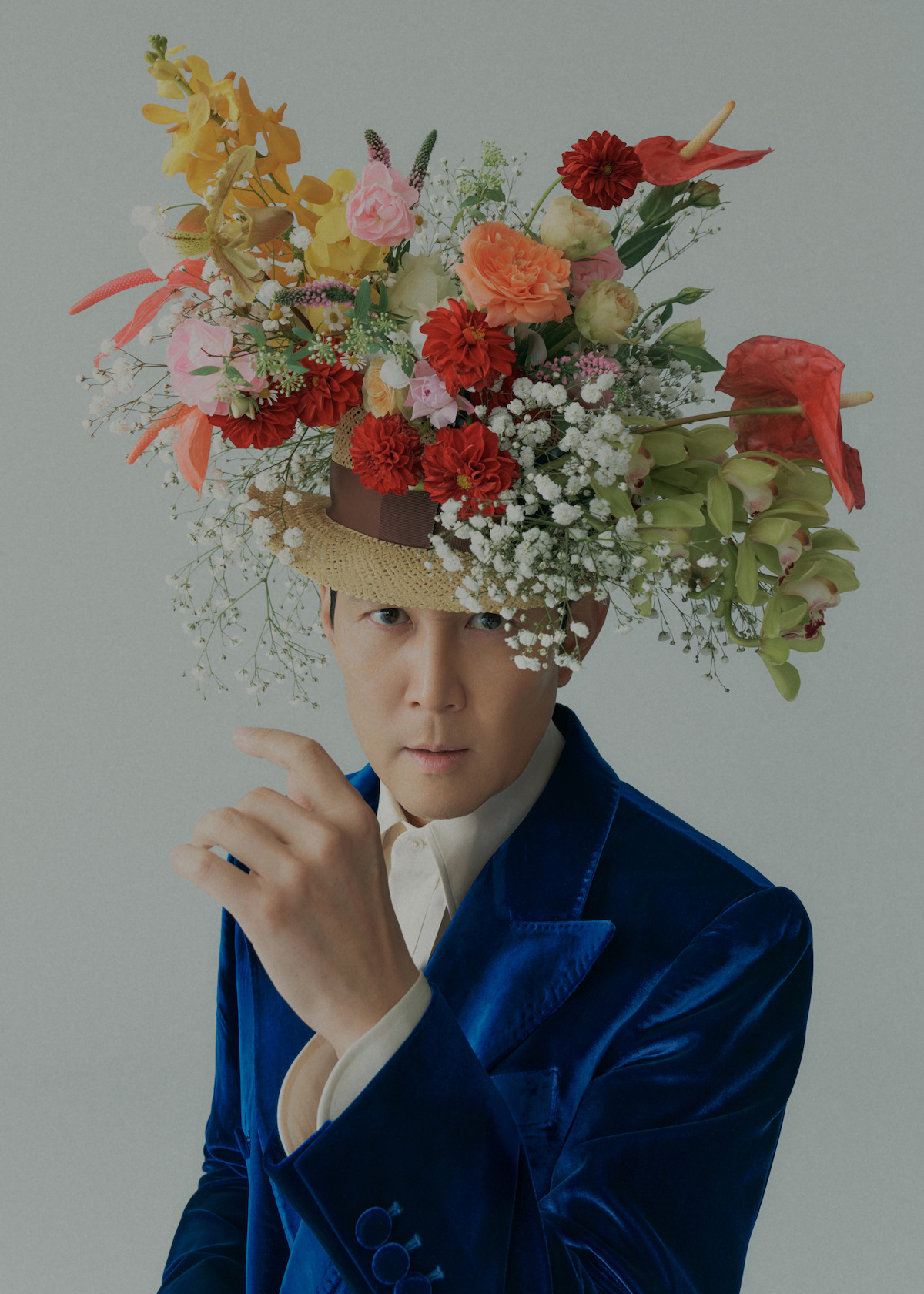
Lee’s acting philosophy mirrors his emphasis on delivering the message behind the work. “I want to act as realistically as possible. Myself and my fellow actors have to be believable, and the viewers need to feel that,” he says. “I want people to think that Squid Games are actually happening somewhere in the world. I used to prioritize my gut feeling, but now I know that’s not always enough. My job is to convince whoever I’m working with, and the audiences, to feel that same thing.”
When analyzing his character for Squid Game’s first season, Lee famously shadowed passersby in Seoul’s street markets to observe how they dressed, walked, and talked. “I like to watch documentaries or read the news, to know what’s going on in the world.” For Lee, his main sources of inspiration are grounded in reality, in graspable, palpable objects and emotions. Acting is his chosen medium of expressing and remembering the state of humanity.
In 2022, Lee added directing to his art form with Hunt, a spy film set in the 1980s, when South Korea was still under a military dictatorship and experiencing intense tensions with the North. It brought the newly minted director back to Cannes for the second time, where his screening received a seven-minute standing ovation.
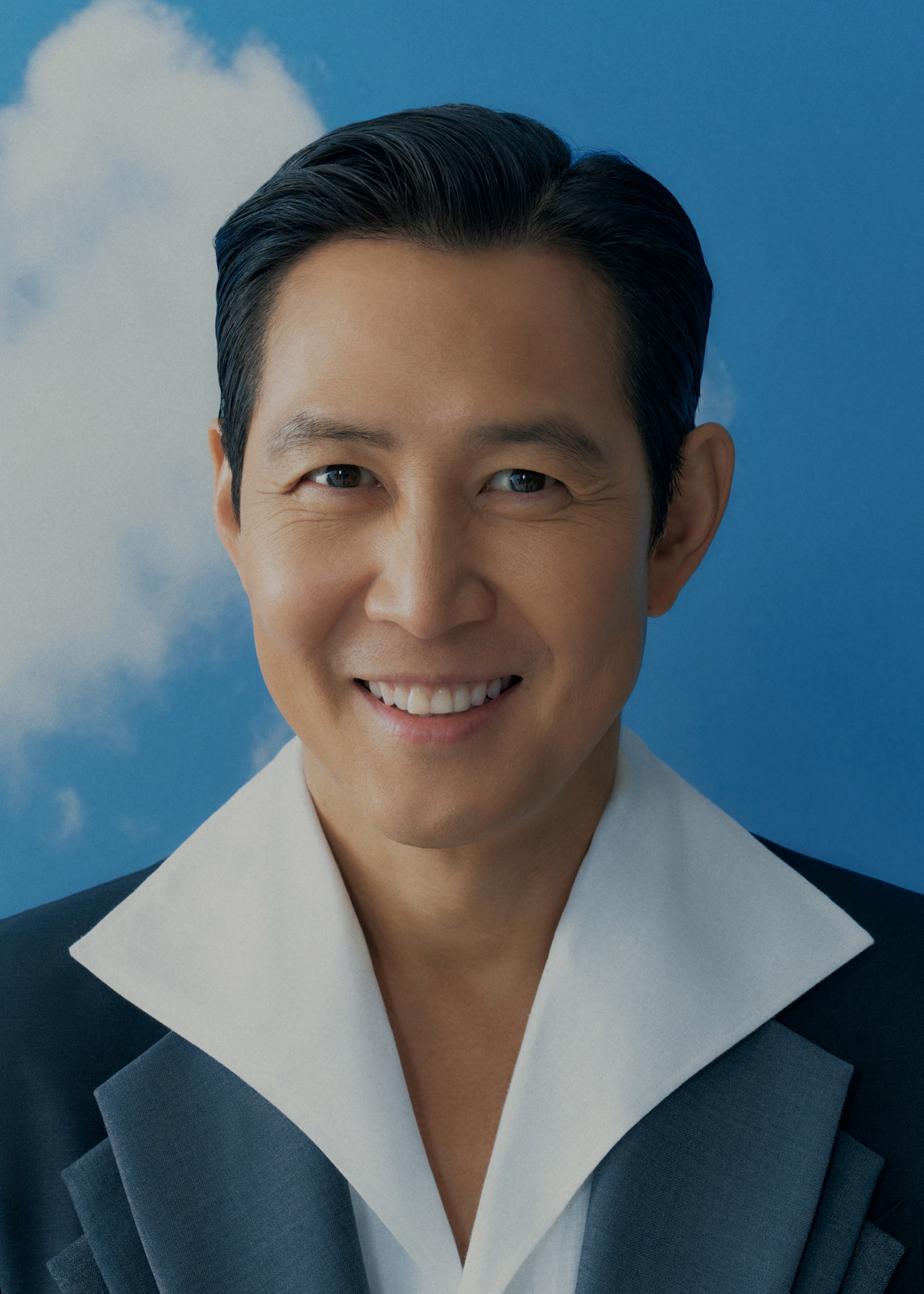
“The way I communicate with viewers is a bit different when I’m acting than when I’m directing,” Lee says. “When I’m directing, I pour my everything into every scene. There’s the subject of the overall work, but also distinct ones in each scene or sequence, and all of them arranged and edited culminate in one larger message. When I’m acting, I try and listen to the creator of the work as much as possible. Their concerns come first, so I communicate and embody the character in their world as best I can.”
At a glance, Lee’s life of fame and glamour may appear totally opposite from that of his Squid Game character. “I try to be optimistic and think positively, which is similar to Gi-hun,” he says. “But I don’t like to make a big deal out of bad situations, or get too excited when things are good. Fame and all those things are just momentary.”
As always, Lee is keeping himself in check, despite his continued mega-success. After this interview, he’ll just get back to work on the Queue shoot. “I might go on vacation, but even then, I’ll probably work, looking at scripts,” he says, never losing his smile.
Whatever comes next, Lee has proven throughout his career that he will continue to deliver. After all, he’s Player 456 — Squid Game’s last contestant. Will he also be the last man standing? We’ll have to wait and see.
Season 3 of Squid Game premieres June 27 on Netflix.